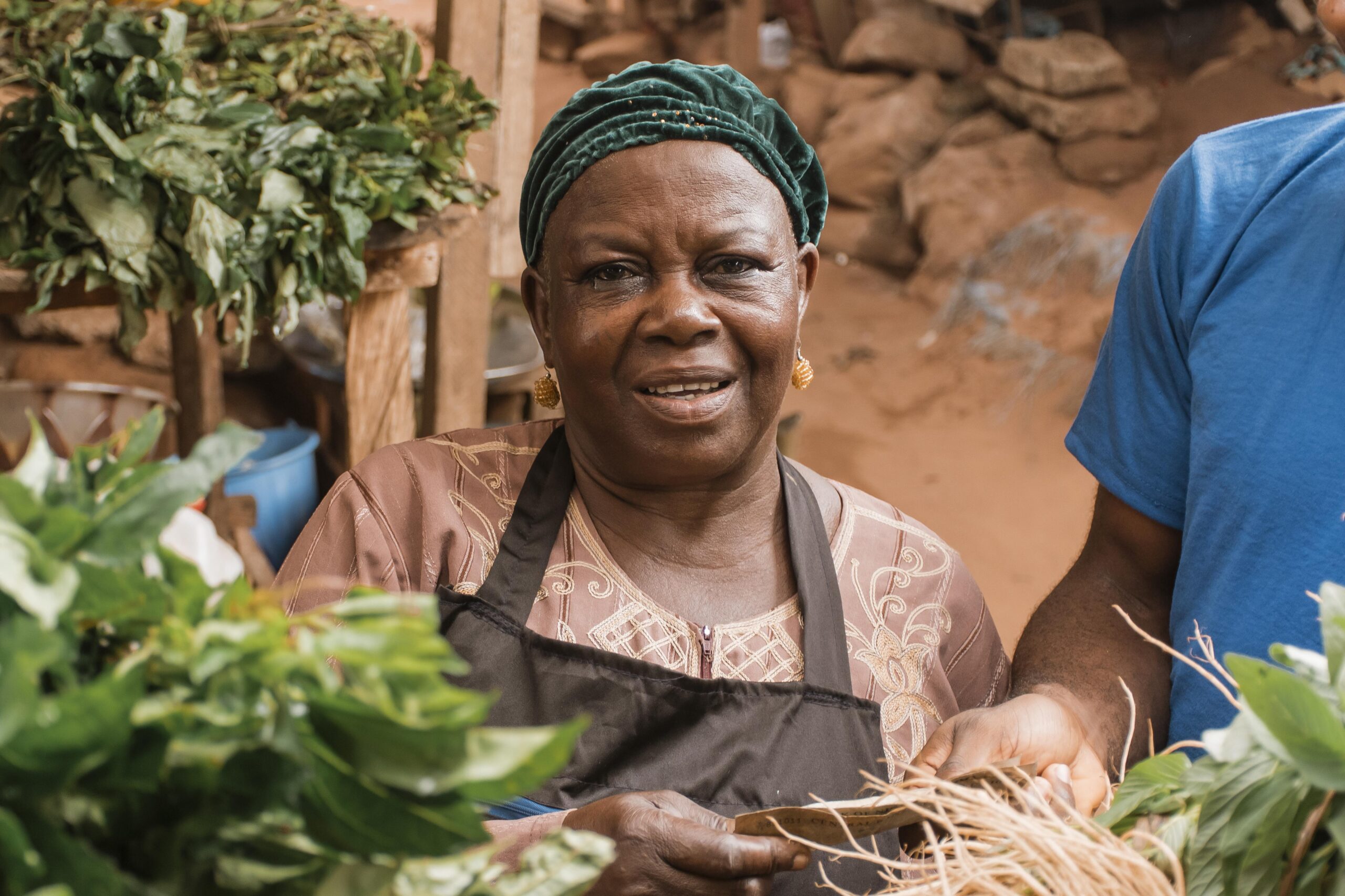The collaboration between the AFIC and TISA through Growth and Economic Opportunities for Women (GROW) under the project “Fostering Gender-Responsive Public Procurement: Understanding the Barriers and Solutions to Include Women-Led Businesses in Public Procurement in East Africa” continues to play a pivotal role in influencing policy changes at both the national and county government levels even after its completion.
First, the earlier influence on the formation of Special Committee on pending bills that Cabinet on behalf of the President approved on 27th June 2023, resulted in the appointment of Pending Bills Verification Committee under Gazette Notice No. 13355 on 30th September 2023.
Pending Bills Verification Committee
On 31st January 2024, the Pending Bills Verification Committee submitted its first report indicating
that as of 30th January 20224, they had received 1537 pending bills claims from 38 government Ministries, Departments, and Agencies (MDAs) amounting to Ksh. 145.5 billion. This committee has undertaken the critical role of scrutinizing pending bills, establishing eligibility criteria, and proposing reforms to prevent the recurrence of pending bills. The involvement of representatives from the Law Society of Kenya, Attorney General’s Office, and the National Treasury underscores our earlier recommendations and state actors’ commitment to strengthen legal frameworks and promoting responsiveness in public procurement.
County level
At the county level, both Trans Nzoia and Kwale counties have made efforts to clear part of their pending bills. Our analysis of the Controller of Budget County Governments Budget Implementation Review Report for the financial year ending 30th June 2023 released in September 2023 versus the Review Report for the first half of financial year 2023/2024 released in February 2024 demonstrate positive impact in terms of settlements of pending bills. For instance, as of end of 31st December 2023, the outstanding pending bills for Kwale and Trans Nzoia counties reduced to Ksh. 173.12 million and Ksh. 1.10 billion compared to
Ksh. 268.18 million and Ksh. 1.24 billion, respectively as at the end of June 2023. The efforts shown by the two counties in settling parts of the pending bills is a testament to the effectiveness of advocacy we did during our county engagement forums as indicated in the end project report. This proactive approach in clearing pending bills with a specific focus on businesses owned by youth, women, and persons with disabilities (PWDs) highlights a shift towards more equitable procurement practices that prioritize the empowerment of marginalized groups.
More impact
In terms of ensuring strict procurement procedures and arrest of county government officers found to be practising fraudulent procurement procedures, the arrest of Kwale County Treasury Director, Vincent Mbito by Ethics and Anti-Corruption Commission (EAC) in February 2024, underscores our strong advocacy efforts for strict and transparent procurement procedures. We established that his arrest together with that of his brothers, was linked to corruption case involving the fraudulent acquisition of Ksh. 3 million from the county’s devolved funds, which was established to support women-led businesses (WLBs), women entrepreneurs, youth, and PWDs in engaging in AGPO. In Trans Nzoia, county chiefs, especially the Chief of Staff have kept reminded County Directors and Finance team to ensure all projects follow government procurement procedures and align with budgets to avoid pending bills.
Other partners
Through our partners like Transparency International (TI-Kenya) and African Parliamentarians Network Against Corruption (APNAC), we have recently opposed the Proposed Anti-Corruption and Economic Crimes (Amendment) Bill, 2023 sponsored by Member of Parliament for Mbeere North, Hon. Geoffrey Ruku. The amendment seeks to delete some of the clauses in the Constitution that govern procurement process. Thus, in our views, this would open corruption doors for procurement officers to what they want. Our position through the partners and highlighted in the media is that most corruption cases in Kenya starts at procurement level, hence, the amendment should not be accepted. During the oral submission to the Budget Policy Statement 2024, we welcomed the decision by the government in paragraph 183 to roll-out an end-to-end e-Government Procurement (e-GP) system that would be integrated with IFMIS at the National and County Governments in the financial year 2024/2025, arguing that if this move can ensure that all public procurement and asset disposals transactions are undertaken online, then challenges of pending bills can be avoided – and inclusivity can be attained in public procurement.
New project
Interestingly, we have built on the success of our advocacy around GROW project on the new project “Improving fiscal transparency, accountability, and participation in Kenya” that we are currently implementing and has pending bills as the advocacy priority area. Through this new project, we have been able to amplify the previous work under GROW project –especially pending bills, tying it to deteriorated delivery of essential services like health, which is a devolved function. Through the knowledge gained during AFIC-TISA GROW project and linked to this new project, we have been abled to build on new partnerships with unions like Kenya Medical Practitioners Pharmacists Dentists Union (KMPDU) to help us champion for addressing pending bills in the health sector. At the same time, we have signed MoU with the Office of the Auditor General (OAG) to improve citizen audit accountability in
the areas of pending bills. This continued collaboration with health union, state actor, and
other civil society organizations is proving essential in creating an enabling environment for
policy change.
conclusion
With all these, it is evident that the project continues to yield significant impacts and progress in addressing pending bills and promoting gender-responsive and transparent procurement practices. Moving forward, we aim to build on theses successes and sustain momentum towards achieving lasting solutions to pending bills and adherence to public procurement regulations, especially AGPO and ensuring that women, youth, and PWDs are well-included in public procurement at both the national and county government levels. We are also sustaining harvesting of project impacts.





